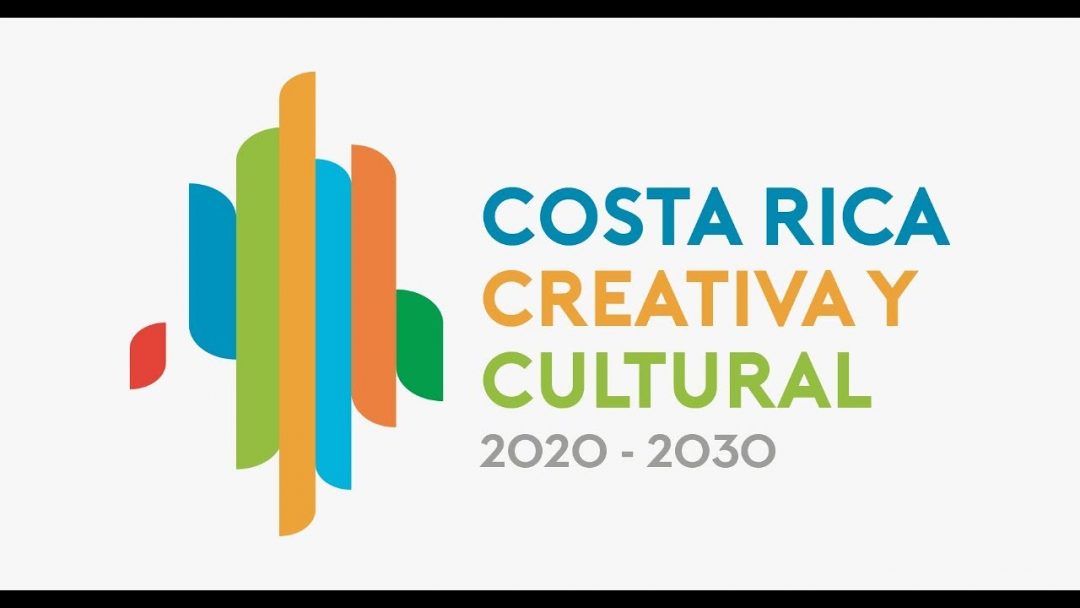The European Union Programme aims to influence the culture and tourism sector, which has been affected by the global pandemic, by improving the competitiveness of the productive units in some selected regions.

The culture and tourism sectors have taken a direct hit, being immediately impacted on a global level as a result of the COVID-19 health emergency. In the case of Costa Rica, according to data from the Culture and Economy Unit (UCE) of the Ministry of Culture and Youth (MCJ), if the social isolation measures were maintained for three months, the direct economic impact on culture in Costa Rica would be 0.1% of the Gross Domestic Product (GDP), that is, approximately US $ 70 million.
In order to calibrate the post-COVID reactivation phase on the basis of specific initiatives, the technical support of EUROsociAL+ to the country’s Ministry of Culture and Youth began two weeks ago, with the aim of configuring and launching an inter-institutional and inter-sector support model that highlights cultural heritage and improves the competitiveness of the regions – with special attention paid to vulnerable populations dedicated to cultural tourism, gastronomy and handicrafts, structuring regional demand and the institutional offer.
The action is part of the National Strategy for the Cultural and Creative Economy 2030 – ECCC 2030, which seeks to promote “the development of the Costa Rican creative and cultural industry, through the establishment of an ecosystem that promotes the development of productive units, providing them with the tools to improve their competitiveness in the national and international market”. With this, it seeks to emphasise the cultural heritage of certain identified regions, part of the Comprehensive Management Programme for Tourist Destinations, normally excluded from tourist routes but close to them, creating regional ecosystems favourable to the development of business projects that promote competitiveness and social cohesion.
To meet this objective, the Ministry of Culture and Youth formed an Executive Board for Regional Identity aimed at the segment of the population linked to cultural tourism, gastronomy and crafts.
EUROsociAL will work closely with it to design the support model and then implement it in two identified regions (Limón and Guanacaste), through pilot projects.



